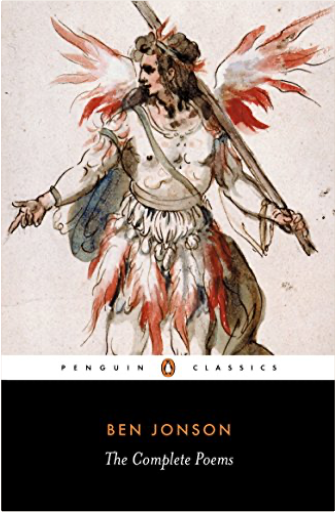 His adoption of classical ideals was combined with a vigorous interest in contemporary life and a strong faith in native idiom. Within the urbane elegance of his verse forms he contrived a directness and energy of statement clearly related to colloquial speech, and this characteristic fusion of restraint and vitality gave to the seventeenth-century lyric its most distinctive quality. As well as the entire body of Jonson's non-dramatic verse, extensively annotated, this edition contains many of the songs from his plays and masques and his translation of 'Horace, of the Art of Poetry'. His 'Conversations with Drummond', which adds much to our sense of the man, appears as an Appendix, as does 'Discoveries'; together they shed valuable light on Jonson's poetic theory and practice. 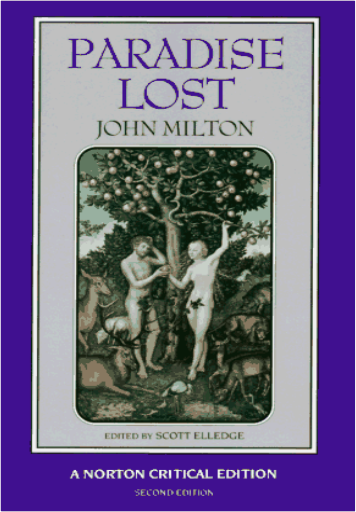 This is the second edition of the "Norton Critical Edition" of Milton's "Paradise Lost". It represents an extensive revision of the first edition. The text of the poem remains that of Milton's 1674 edition, retaining the original punctuation but with modernized spelling and italics. Material for the study of contemporary religious and political issues is now included, as well as selections from his earlier poetry and prose. 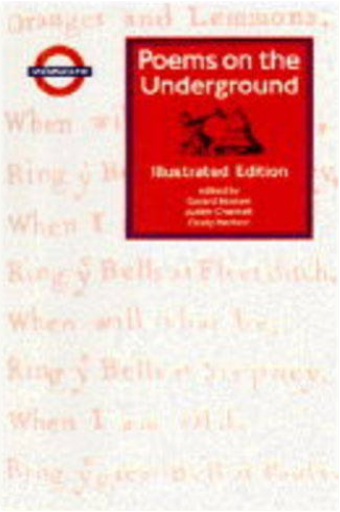 Poems on the Underground continue to delight London's travellers. Every four months, another five poems appear in the tube carriages, chosen by the novelist Judith Chernaik and the poets Cicely Herbert and Gerard Benson. This book includes all the poems and illustrations for "100 Poems on the Underground". It is also illustrated in colour with 24 posters from the golden age of London Underground art. The posters have been selected from the London Transport Museum archives to complement the spirit of the book. In addition to their graphic imagery, they feature lines of poetry of special interest, proving that poetry had a role to play in Underground travel as many as 80 years ago. There is an extended introduction, notes on the new poems and on the posters and an index of first lines. Bound and jacketed with head and tail bands, it also has a ribbon marker. 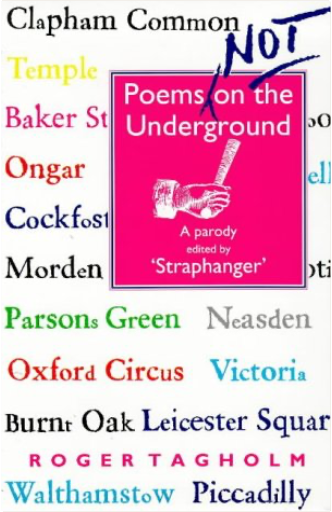 This anthology of poetic parodies celebrate not only the poems of English and American literature but also the experience of travelling by London Underground and London Transport's fleets of buses. The parodies have featured in the London magazine "Midweek" during 1995. Poets whose works have been subject to parody include Philip Larkin. Poems include "Tube, or not Tube: that is the question" and "The Song of Hiawalthamstow". | 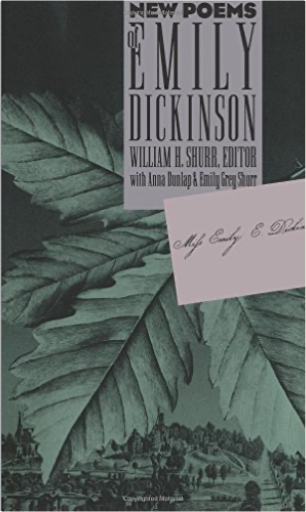 For most of her life Emily Dickinson regularly embedded poems, disguised as prose, in her lively and thoughtful letters. Although many critics have commented on the poetic quality of Dickinson's letters, William Shurr is the first to draw fully developed poems from them. In this remarkable volume, he presents nearly 500 new poems that he and his associates excavated from her correspondence, thereby expanding the canon of Dickinson's known poems by almost one-third and making a remarkable addition to the study of American literature. Here are new riddles and epigrams, as well as longer lyrics that have never been seen as poems before. While Shurr has reformatted passages from the letters as poetry, a practice Dickinson herself occasionally followed, no words, punctuation, or spellings have been changed. Shurr points out that these new verses have much in common with Dickinson's well-known poems: they have her typical punctuation (especially the characteristic dashes and capitalizations); they use her preferred hymn or ballad meters; and they continue her search for new and unusual rhymes. Most of all, these poems continue Dickinson's remarkable experiments in extending the boundaries of poetry and human sensibility. 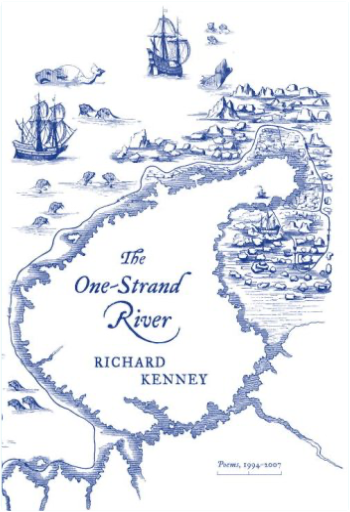 Fourteen years after his last book of poems, we have a glorious new volume from Richard Kenney, who has been hailed by The New York Review of Books as “one of the most gifted and multifaceted and original of American poets.” 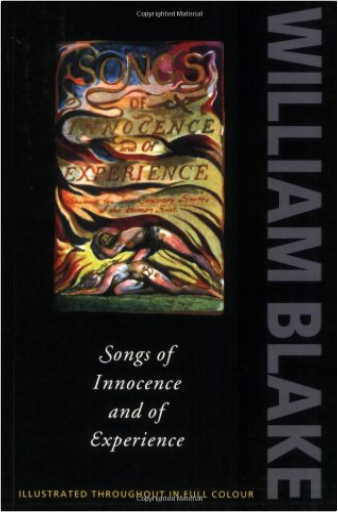 Here is a beautifully illustrated edition of Blake's classic poems. The text of each poem is given in letterpress on the page facing the color plate, and a brief commentary by Sir Geoffrey Keynes on each poem follows. It is printed on paper especially manufactured to match the tint of that used by Blake. 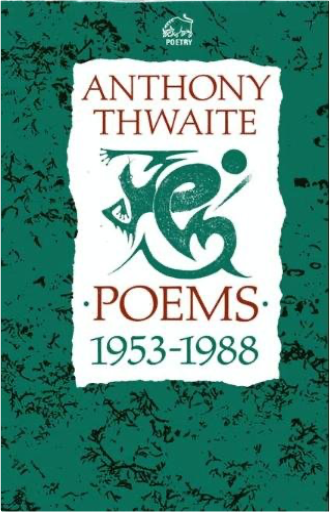 This volume contains the poet's own selection of his best work, and ranges from his first book, "Home Truths", which was published in 1953, to his latest collection, "Letters from Tokyo". Anthony Thwaite is also the editor of "Six Centuries of Verse". 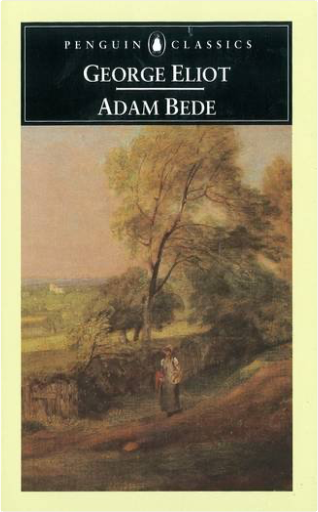 Adam Bede is a hardy young carpenter who cares for his aging mother. His one weakness is the woman he loves blindly: the trifling town beauty, Hetty Sorrel, whose only delights are her baubles - and the delusion that the careless Captain Donnithorne may ask for her hand. Betrayed by their innocence, both Adam and Hetty allow their foolish hearts to trap them in a triangle of seduction, murder, and retribution. 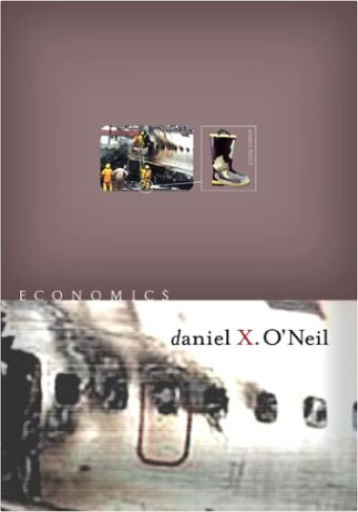 The book for those with unclean hands. Economics is a book based on the gargantuan fact that the world economy is so all-inclusive that it embraces good and evil equally. And no one can do good, like feed their children and clothe themselves and love one another, without somehow bowing down before the presence of evil. Economics moves from large to small. It contains an essay coining the word "trut"— the mutable concoction of facts employed for an ulterior purpose. 4/5 of the truth, lined up in a reasonable facsimile of the truth. And it contains tiny accounts of the author, exposing his own economics, his own bowing down, and finding dignity in it all. Economics contains found poems and obitpoems. Economics is a book for people. |

library 101720
Collection Total:
1,127 Items
1,127 Items
Last Updated:
Oct 17, 2020
Oct 17, 2020

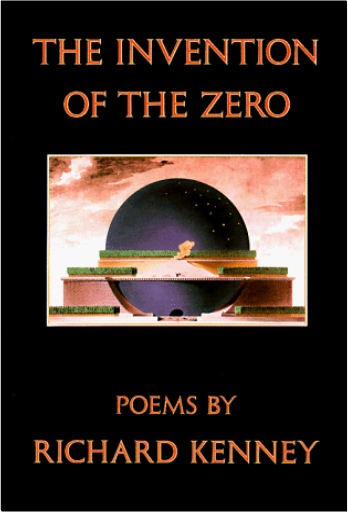
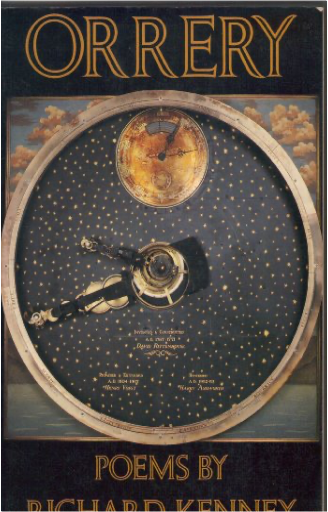
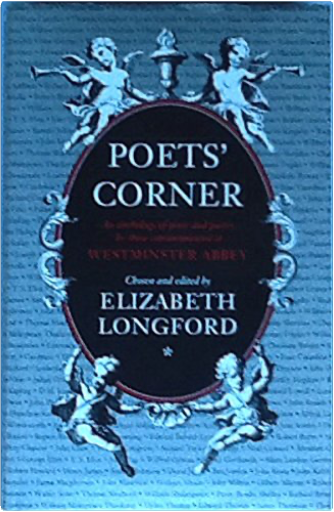
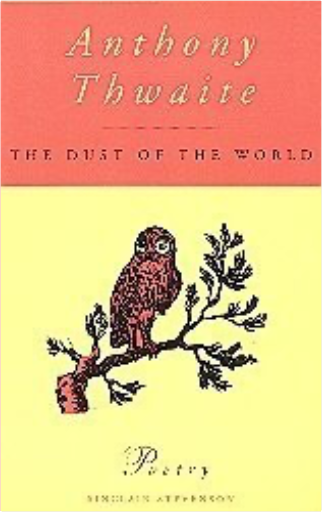
 Made with Delicious Library
Made with Delicious Library